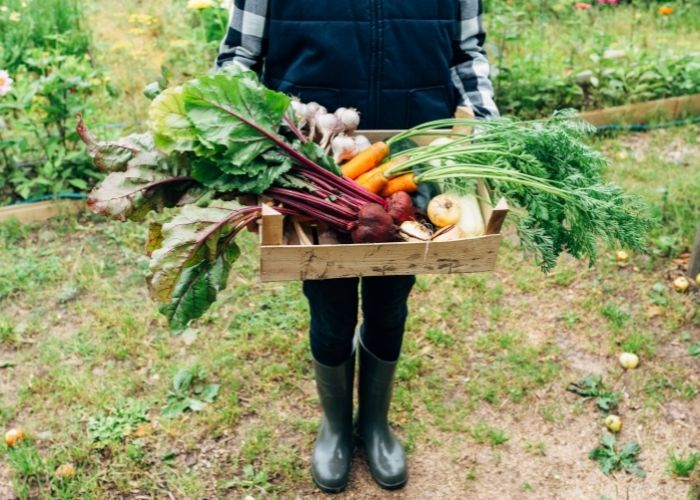MADRID – Organic products are not only better for our health, but a necessity to achieve a more sustainable world. However, the problem is that organic products are on average three times more expensive than their private label varieties.
This is shown by price research by the Spanish consumer organisation OCU. The organisation gathered information for the survey of 24 food, drugstore, and cosmetics products in 17 supermarket chains. The products are then grouped into three categories:
- leading brand products
- private label products
- products certified organic or with terms such as “organic”, “eco” or “ecological”. This may only be used if they comply with regulations.
The supermarket chains were selected on the basis of their presence on the Spanish market and range of organic products. Two of the largest supermarkets in Spain, Mercadona and DIA, were not included in the survey. As both offer insufficient or no organic products. Four supermarket chains specialised in the organic market were included in the study: Veritas, Herbolario Navarro, Planeta Huerto, and Merkabio.
216% more expensive than private label
The conclusions are clear, the organic products analysed are on average 77% more expensive than the leading branded products. And, furthermore, they are 216% more expensive than their private label equivalents. However, the organic products of no fewer than three supermarket chains, Aldi, Lidl, and Carrefour, are 50% cheaper than those of the specialised organic stores., Although the latter has a wider variety of organic brands and therefore a wider range that is highly appreciated by consumers.
The largest price differences between conventional and eco products are found in drugstore and personal care products. Including shower gel, hand soap, and sanitary towels. Whereas, in foods, unsweetened natural yoghurt, round grain rice, and cooked chickpeas are the products with the largest price difference. Furthermore, the price difference for same brand products in conventional and eco versions is 60% more for organic purchases.
The study only covers certified products for sale in supermarkets, but there are other alternatives that may be more affordable, such as sustainable products but without organic certification, homemade products, or products sold through alternative channels such as markets: direct purchase from the producer or consumer cooperatives.
Ecological production is more expensive
The conventional sector has been criticised for receiving lower prices in exchange for externalising environmental costs, reducing biodiversity, and contributing to greenhouse gas emissions. Organic production is part of the solution, but doing things right comes at a price:
Farming organically has lower productivity because it requires more labour, maintains soil fertility by rotating crops, and does not use chemical pesticides and synthetic fertilisers.
Organic farming takes more time and land or reduces the number of animals in the same area, and feeding grass and grains is less profitable than feeding processed feed.
Sustainable fisheries take into account the species, area, and fishing gear, the reproductive cycles of the fishing grounds, the supply, and management of aquaculture facilities.
In cleaning and cosmetic products, the cost of investing in innovation to bring good quality products to the market without harmful ingredients is important, as is the higher price of some of the raw materials used.
In addition, products certified as “organic” must add the certification costs, guaranteeing consumers that at least some aspects of environmental sustainability are covered.
The result is that organic products are more expensive, which makes them less accessible to the consumer. OCU argues that government policies are needed that strongly support sustainable production and consumption.


